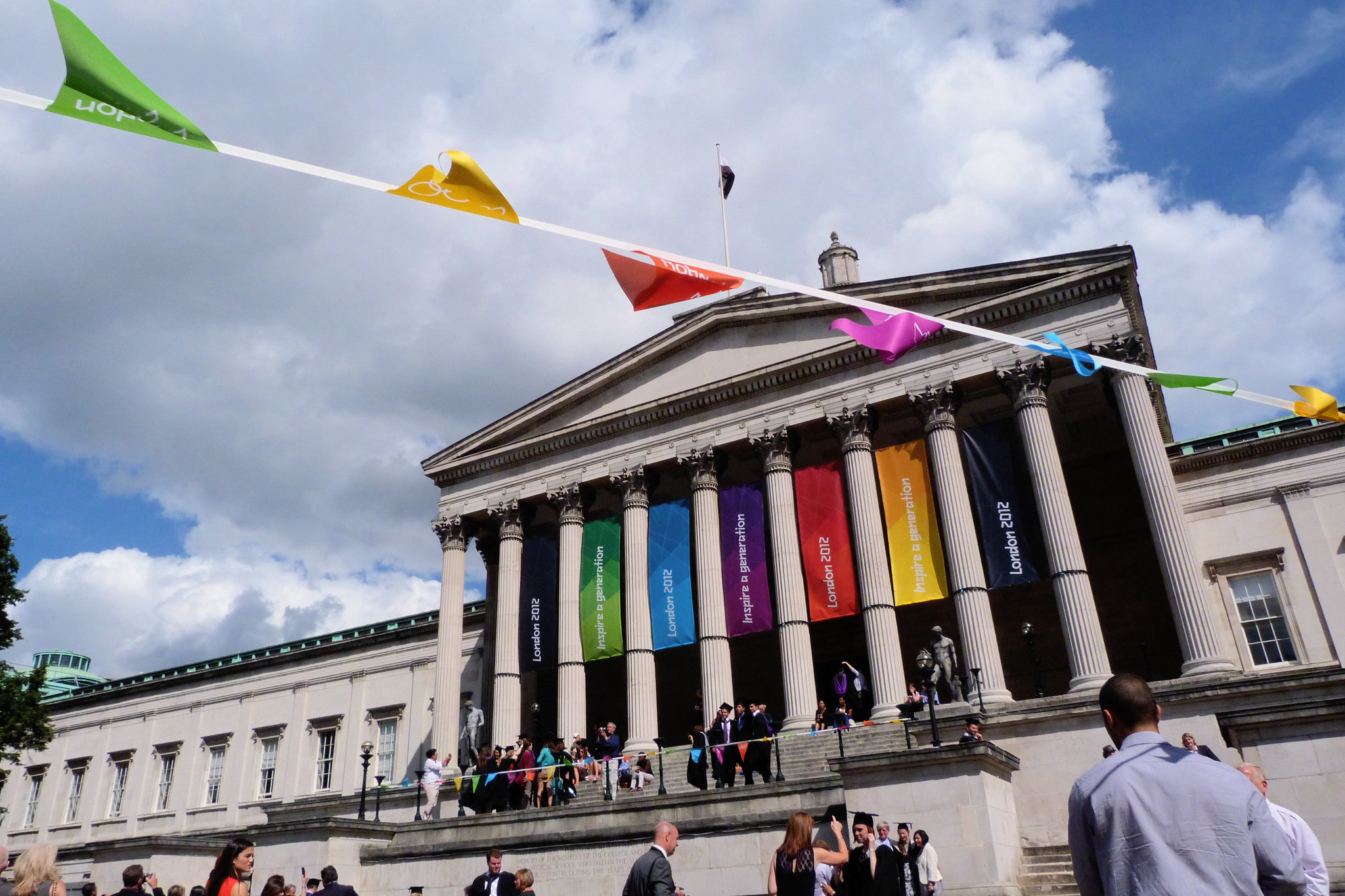New technologies are changing how we interact with each other in physical and digital spaces
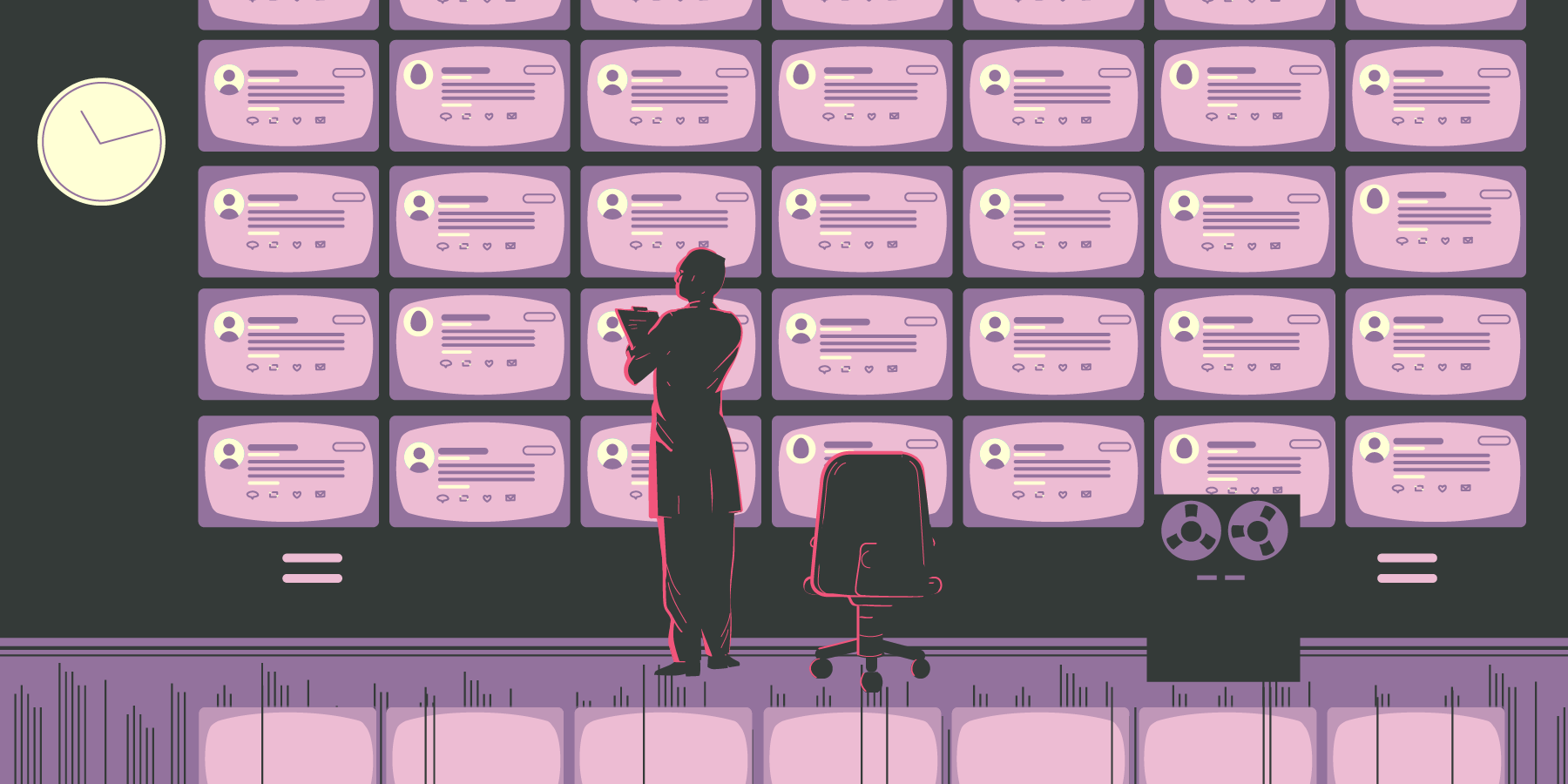
Scientists Like Me Are Studying Your Tweets–Are You OK With That?
As researchers, we have a responsibility to acknowledge that factors like the type of data, the creator of that data, and our intended use for the data are important when it comes to using public information.
The Aesthetics of Feeling Safe
Rape is added to the lengthy list of the things a woman should keep in mind before going out, in addition to skin oil and bra lines and the effect that gravity can have on our hair.
What Our Tech Ethics Crisis Says About the State of Computer Science Education
The problem with “I’m just an engineer” isn’t the engineer’s inability to identify all relevant ethical implications–it’s that they don’t think it’s their job to do so.
Violence Spreads Like A Disease. It Can Be Stopped Like One, Too
The “Cure Violence” model works by “interrupting transmission” of violence-employing street workers to intervene and try to cool down conflicts, preventing situations from escalating.
Quality Over Quantity: Bioethics at the Vatican
Several hundred scientists, physicians, and policymakers gathered in Rome in April 2018 for the International Vatican Conference, to discuss ethics in scientific research.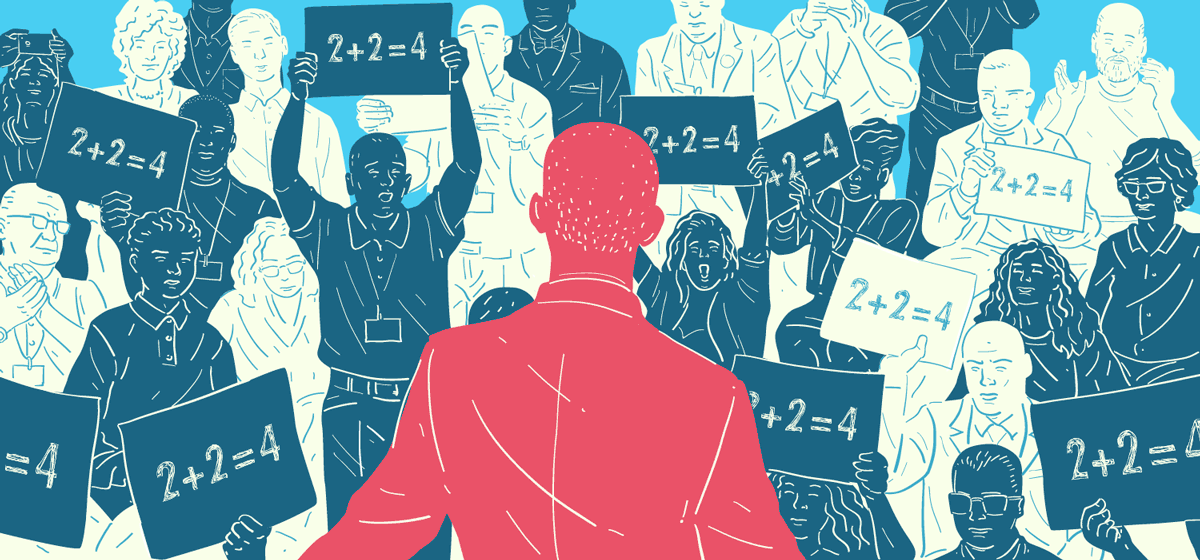
Chasing Virality Brought Us Fake News, Now Everything’s on Fire
By uncritically embedding itself into social networks, did the media actually usher in the era of fake news?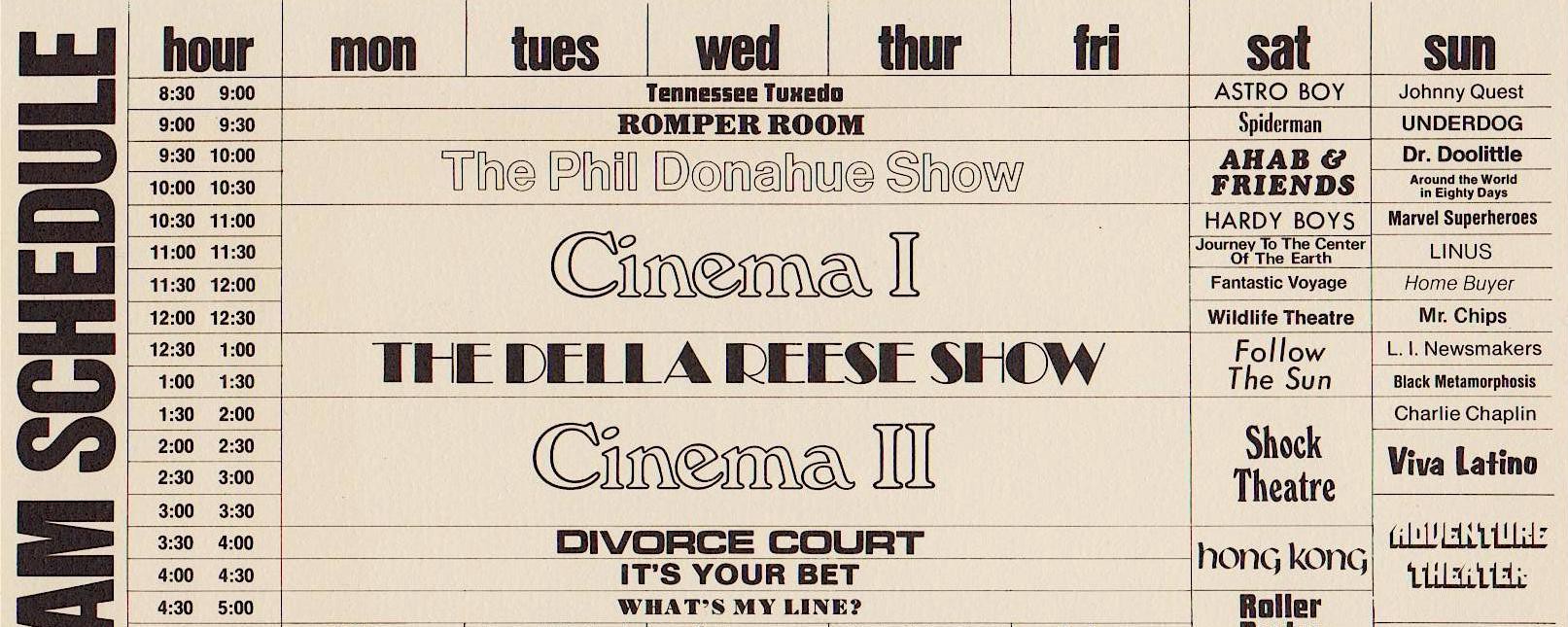
The Schedule and the Stream
Despite the utopian promises of early pioneers, public spaces do not organically emerge from new technologies.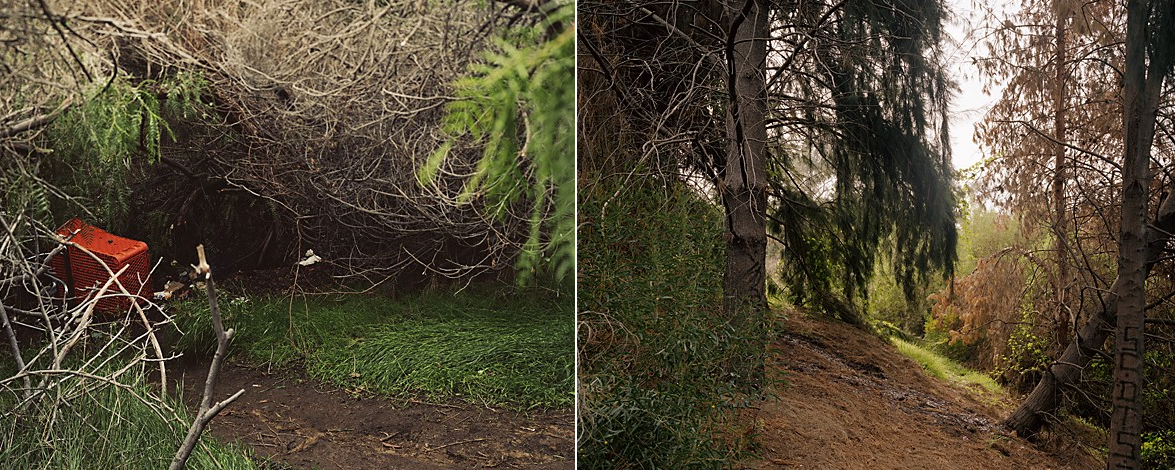
How the Art of Signaling Is Changing
Who needs eyes when you have an app?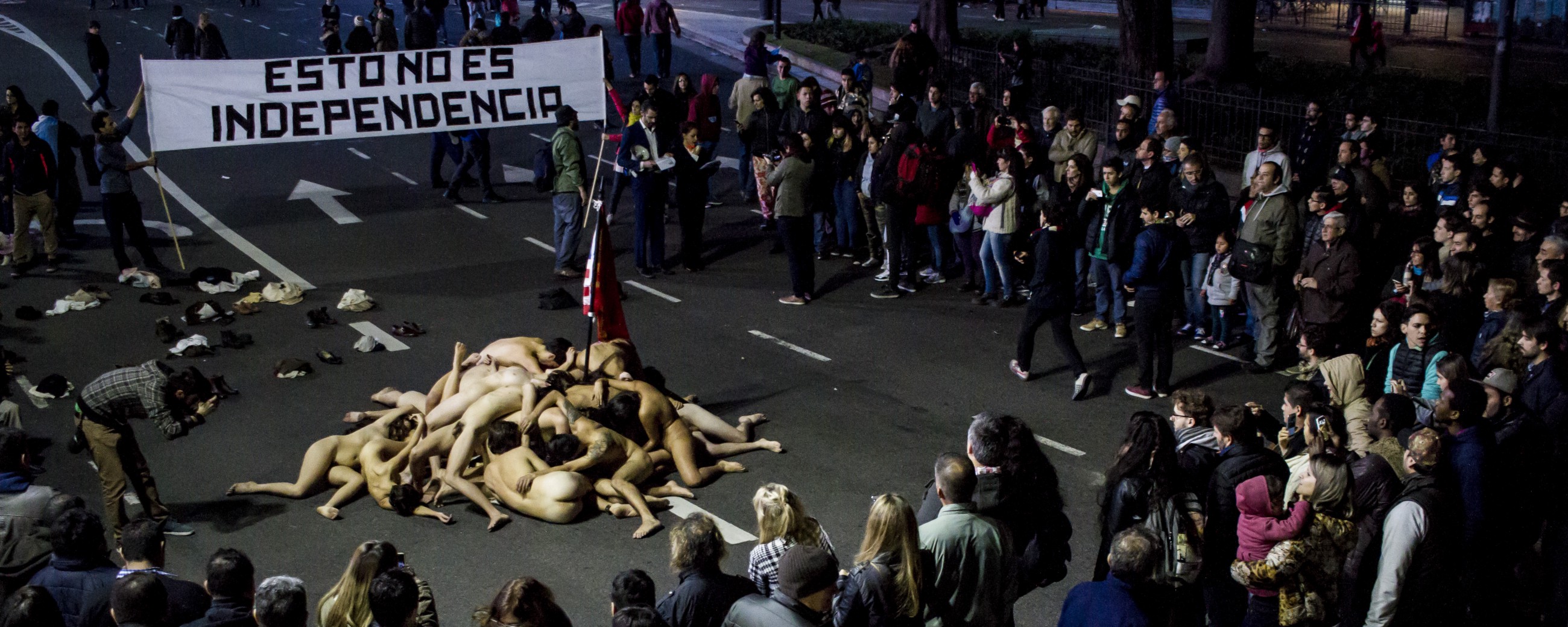
Street Protest Lessons from Argentina
After Trump’s inauguration, the question is: Will the United States see an increase in authoritarianism against public protest, just like Argentina is experiencing under its own right-wing presidency?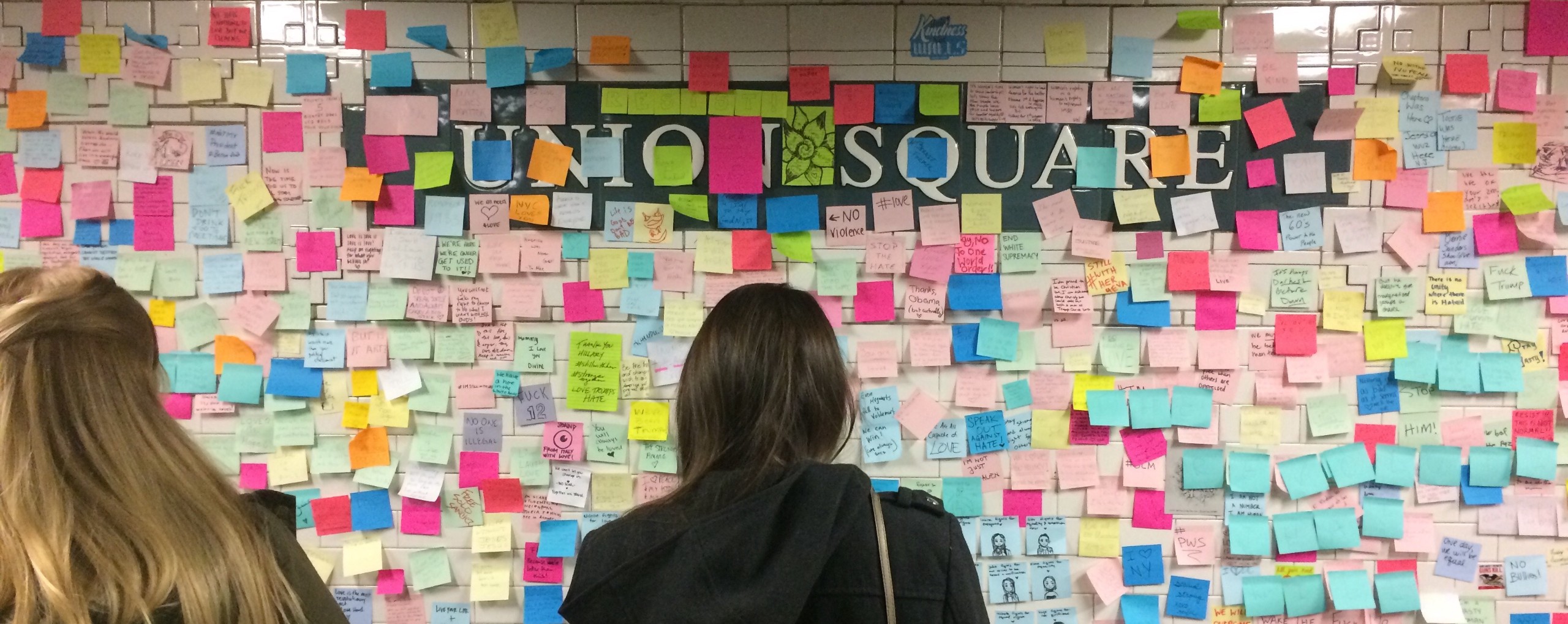
Activism on the Subway Platform
Activists across the world are leveraging the power of public transit as a place of common reference for the people who ride it.
The Web Divided
Will machine translation ever bring us together?
Together in Public: A Reading List
How new technologies are changing how we interact with each other in physical and digital spaces.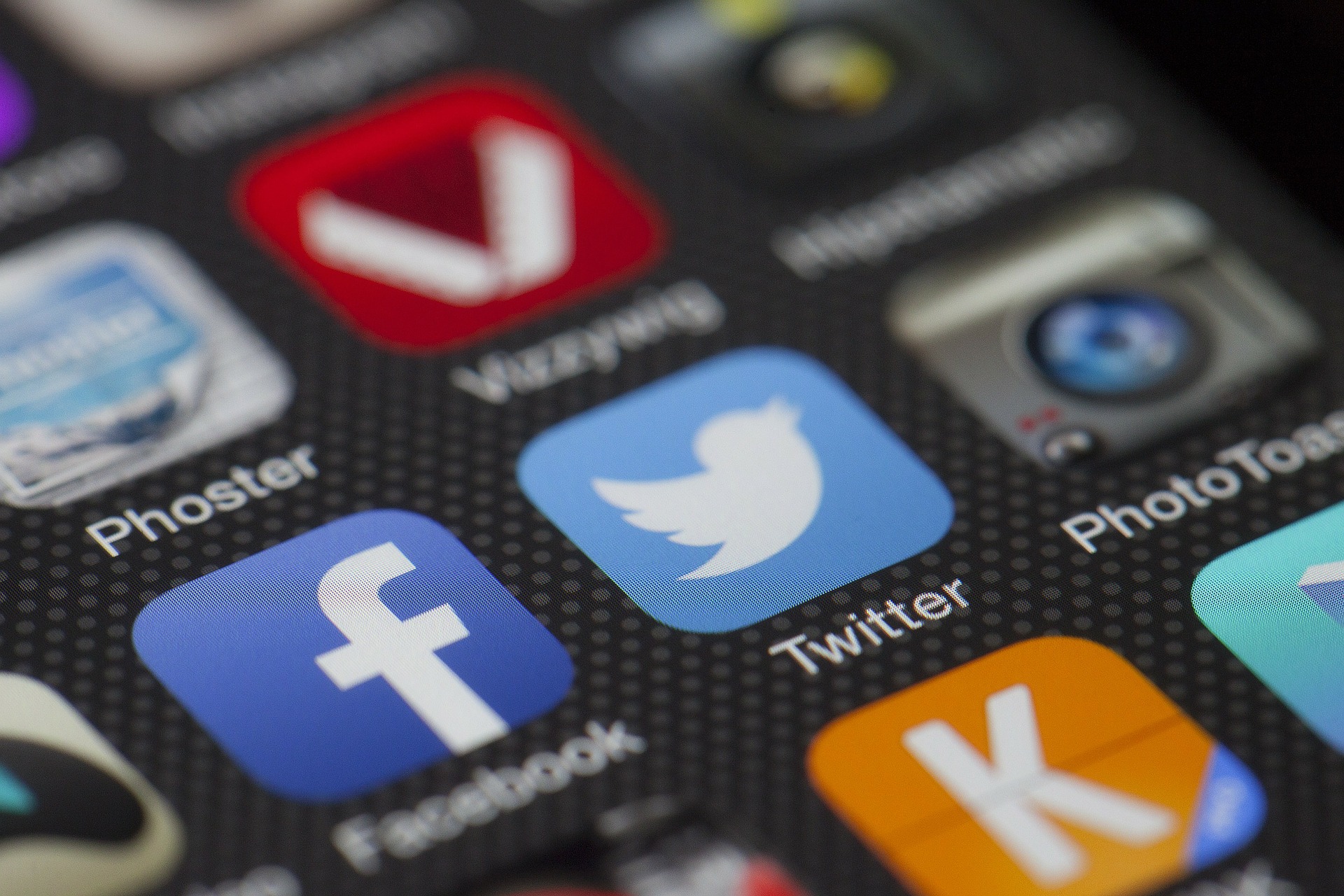
Why an App Monitoring Your Distress on Twitter Does More Harm Than Good
A suicide prevention charity demonstrates that intent is not magic